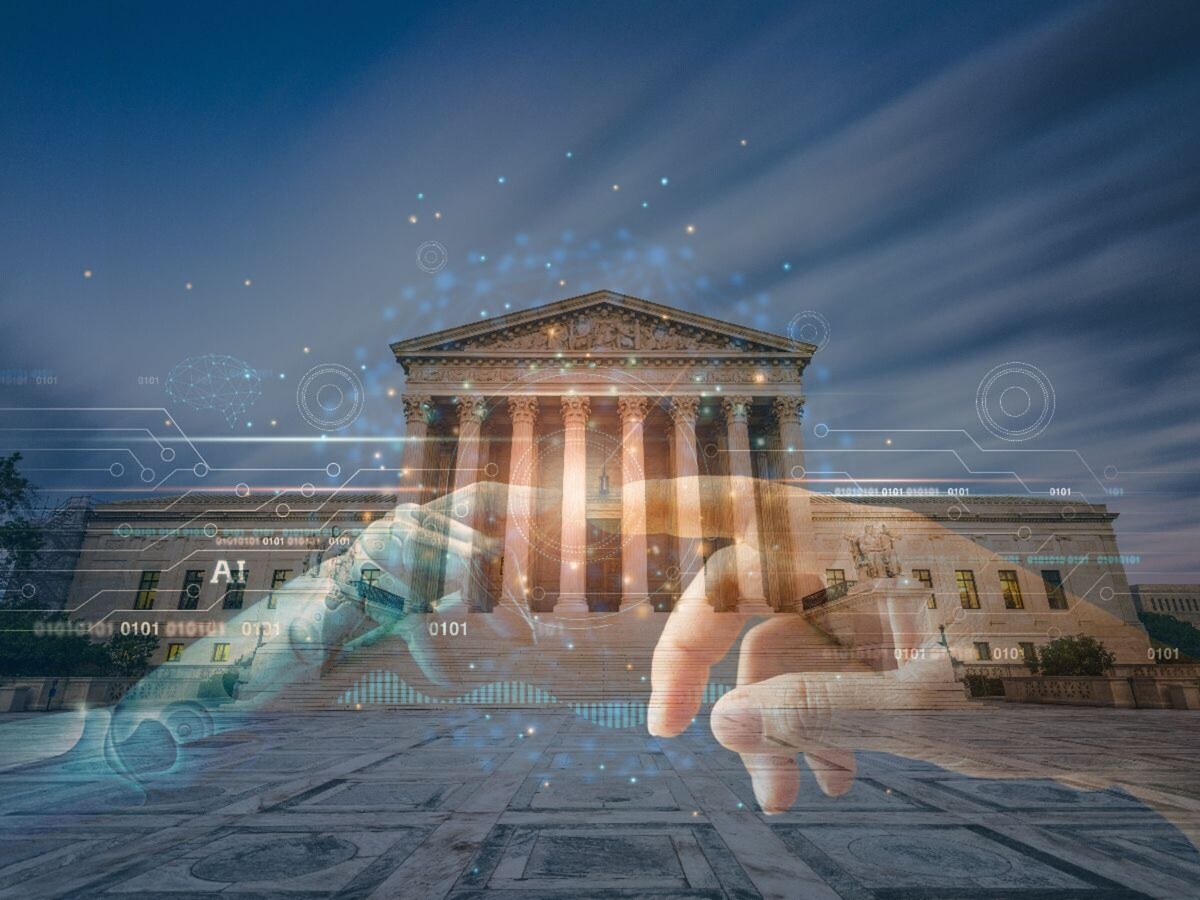New Jersey Supreme Court Forms Expert Committee to Examine AI in Judicial System
The 31-member Committee on Artificial Intelligence and the Courts aims to scrutinize the ethical and legal dimensions of AI technologies in court operations and legal practice.
Morristown, NJ – The New Jersey Supreme Court has taken a proactive step towards understanding the complexities of artificial intelligence (AI) in the realm of law and justice. A newly-formed committee met for the first time earlier today to address the range of challenges and opportunities that AI presents for the state's court system.
Who's Involved?
Comprising 31 experts from diverse backgrounds, the Supreme Court Committee on Artificial Intelligence and the Courts includes judges, government officials, attorneys, educators, and specialists in cybersecurity and technology. Glenn A. Grant, the administrative director of the courts, is designated as the chair of the committee.
What's the Purpose?
According to Chief Justice Stuart Rabner, the initiative aims to "engage in a comprehensive review of the myriad issues this new technology presents for the courts." The committee's primary role is to examine potential policies and practices related to the judicial use of AI, ethical considerations, disclosure requirements, and guidelines for self-represented litigants.
When and Where?
The inaugural meeting of the committee took place this afternoon, although the frequency of future meetings and the specific venues have yet to be announced.
Why is This Important?
The implications of AI in the legal domain are vast and complicated. With AI becoming more integrated into legal processes, there is a pressing need to establish a framework to guide its ethical and proper use. The Supreme Court has hence convened this committee to ensure that the technology is used responsibly and transparently in the New Jersey judicial system.
How Will It Proceed?
The Court has mandated the committee to explore numerous topics, such as the appropriate use and limitations of AI in legal contexts, disclosure protocols for AI applications in court submissions and testimony, and proper guidance for self-represented litigants and other court users.
For More Information
Details about the full committee roster and their respective expertise can be found at New Jersey Courts Official Website.
By establishing this committee, the New Jersey Supreme Court demonstrates a forward-thinking approach to the role of emerging technologies in shaping the future of justice and law. The committee's work could set a precedent for other states grappling with similar challenges.














